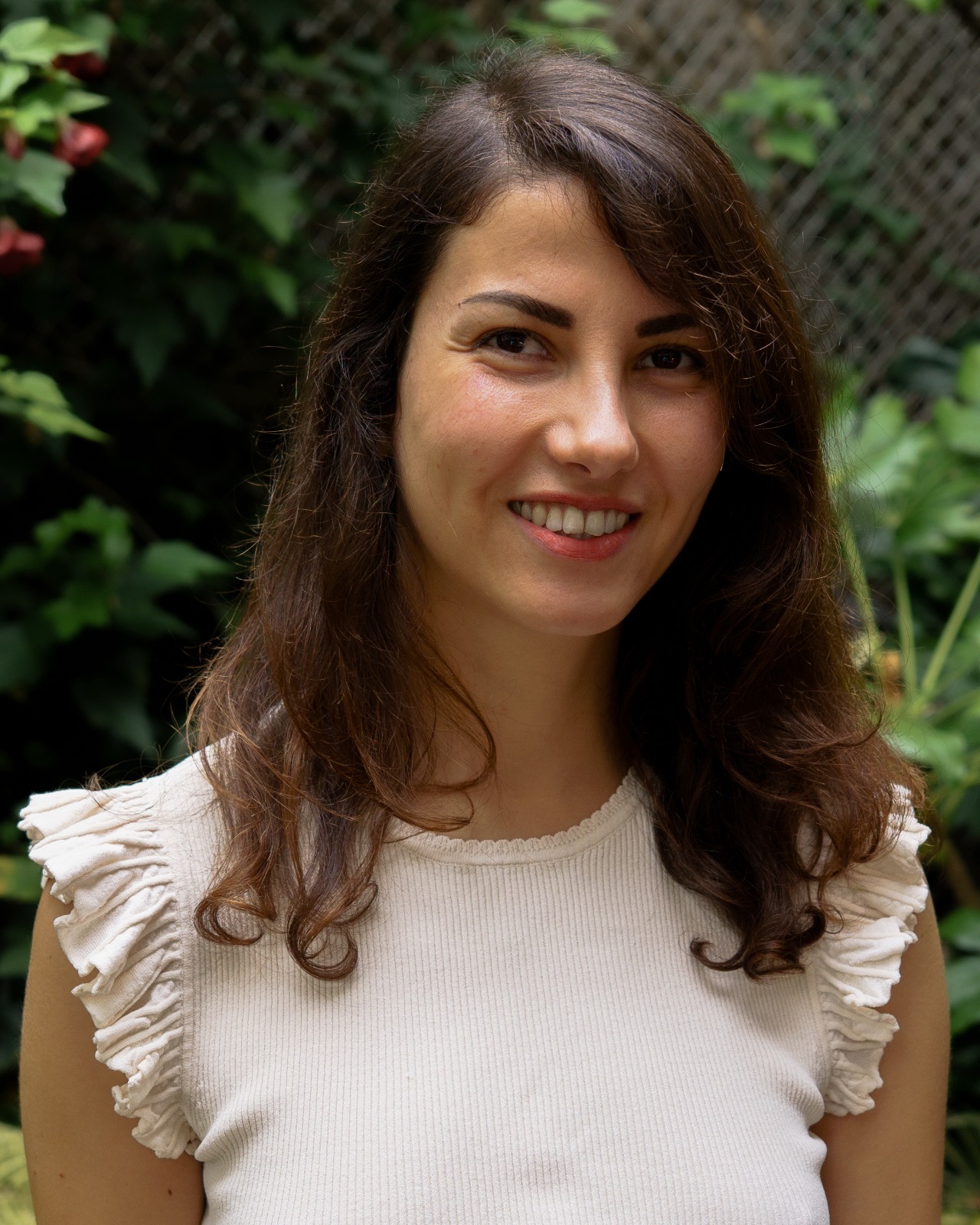
Eleana Baskouta
Adjunct Faculty
Tufts University’s Fletcher School of Law and Diplomacy, MA in Development Economics and International Relations
University of Athens, B.A. in Ethnomusicology and Cultural Anthropology
American College of Greece, B.Sc. in Business and Economics
 Psychedelic Traditions In The Cradle Of Civilization: Anthropology, Myth, And Indigenous Practices
Psychedelic Traditions In The Cradle Of Civilization: Anthropology, Myth, And Indigenous Practices Biography
Eleana Baskouta is a Greek interdisciplinary scholar, cultural strategist, and philanthropy advisor working at the intersection of psychedelics, mythology, and cultural memory. She is the Co-founder and Executive Director of the Greek Psychedelic Society, where she leads efforts to destigmatize psychedelics in Greece and build ecosystems that reclaim the legacy of the Eleusinian Mysteries as a living model for research, healing, and cultural renewal.
Her work bridges ancient traditions and modern movements, focusing on how sacred technologies of consciousness—once central to initiation, creativity, and civic life—can inform contemporary frameworks of psychedelic practice. She has over a decade of experience in international development and research-driven philanthropy, having advised institutions including the Center for MINDS, the Chacruna Institute, CIIS, Survival International, and the U.S. Embassy in Athens.
Eleana’s ethnographic fieldwork includes immersive study with the Shuar and Achuar peoples of Ecuador on the ceremonial use of ayahuasca and shamanic icaros. In parallel, she is deeply engaged in the study of ancient Greek music and myth, exploring their relationship to ritual and ceremony as vehicles of transformation, remembrance, and collective healing. A classically trained pianist, she is currently immersed in the revival of the ancient Greek lyre as a ceremonial and educational tool.
She holds a Master’s in Development Economics and International Relations from Tufts University’s Fletcher School of Law and Diplomacy, a B.A. in Ethnomusicology and Cultural Anthropology from the University of Athens, and a B.Sc. in Business and Economics from the American College of Greece. She is currently pursuing a Master’s in Integral Psychotherapy.
Her teaching is grounded in epistemic humility, mytho-poetic imagination, and a commitment to restoring the ethical, communal, and cosmological containers that once held these sacred practices.


